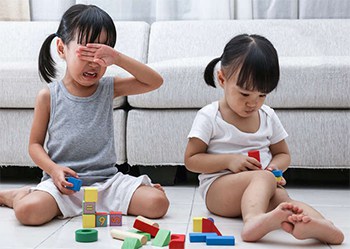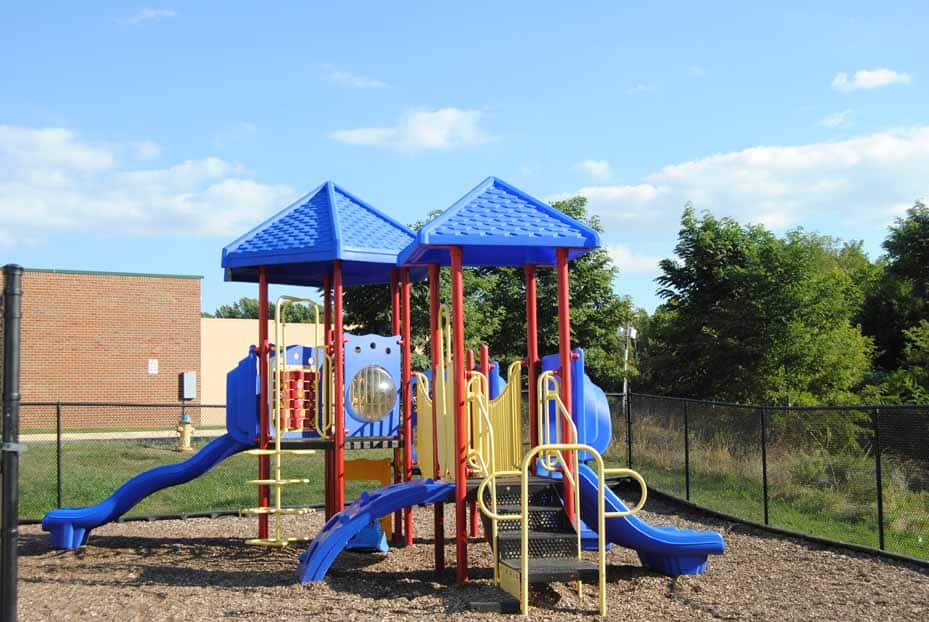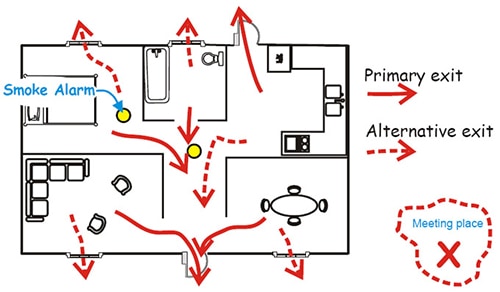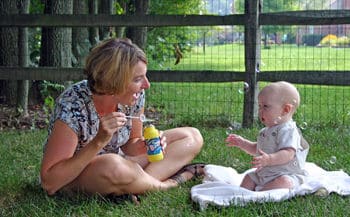Mornings set the tone for the whole day. When you’re balancing your to-do list and getting the kids ready in time for daycare or school, they can be a challenge. What’s the difference between a good and bad morning? It’s simple: having a routine.
The Importance of Routines
Routines are your daily habits – something you do at the same time every day. They provide a sense of consistency and stability in your day because they let you know what you’re supposed to be doing. For kids, the also help them feel secure because they know what’s expected at certain times. Having a routine also fosters cooperation and a sense of independence because it gives them an active role in how their day plays out.
Working with your child to establish a morning routine is important to help them set expectations and follow through with them. Here are some ideas for a smooth morning:
Set a bedtime
Good mornings begin the night before! Making sure everyone has had enough sleep means they’ll be less grumpy when they wake up and more ready to start the day. Even though it’s tempting to let them watch an extra episode of TV or another game, having a consistent bed time will help them know what to start getting ready for bed. Part of that bed time routine can also include getting their backpacks, belongings, and clothing ready for the next day –it’ll be one less thing to do in the morning!
Set a wake-up time
Similar to having a dedicated bed time, making sure to wake up at the same time each day is important in creating routines. Especially if you have multiple family members getting ready in the morning! You can stagger the times so that everyone is able to get ready without fighting over the bathroom.
Create a morning routine chart
This can be a great activity to do together! Talk to your kids about what kinds of tasks and chores need to be done in the morning and get their input on what they want their mornings to look like. Younger kids may need to use pictures so they still know what they need to do before heading off for the day. Some things to include on the morning chart:
- Brushing teeth
- Taking a shower
- Combing hair/ putting on clothes
- Eating breakfast
- Double checking backpack and items
Once you’ve planned a morning routine, go through all of the steps with them talking about each one as you run through your morning (in case you need to change or re-order a step). Encourage your child to take ownership of each task to create a sense of independence! It may be easy sometimes to do it for them, but in the long run it will become a part of their routine.
Use the “We-Then” Approach for Not Fun Tasks
While morning routines make getting ready easier, your kids may not like to do some tasks (or will want to jump right ahead to their favorite one). One technique to use is called the “We-Then” approach, brought to us by Amy McCready of Positive Parenting Solutions.
The When-Then technique helps kids stay motivated to get through the “not fun” tasks in the morning by putting them first. They are an incentive for their favorite activity, like a delicious breakfast, which can only be done after they’ve completed everything else.
Figure out which part of your routine your child loves (picking out clothes, breakfast, etc.) and make it conditional on the other tasks being finished. For example, if your child loves eating cereal for breakfast, you can explain that “WHEN you have made your bed, brushed your teeth, and have been dressed, THEN you can have cereal for breakfast” . It’s important to stay consistent with the approach so they learn that all the morning tasks need to be done.
With a solid routine, mornings can run smoothly and set the tone for a great day ahead! Work with your children to create their own routine and watch them take ownership of their day.















